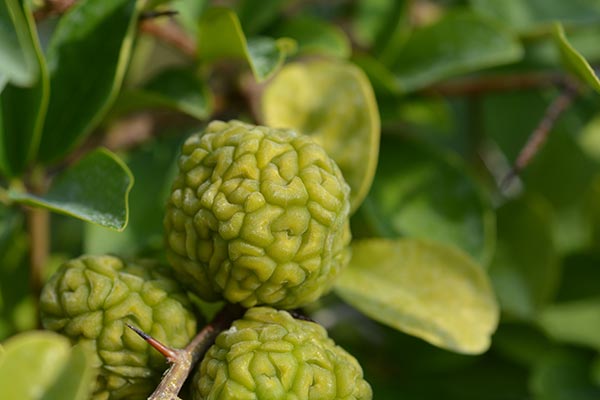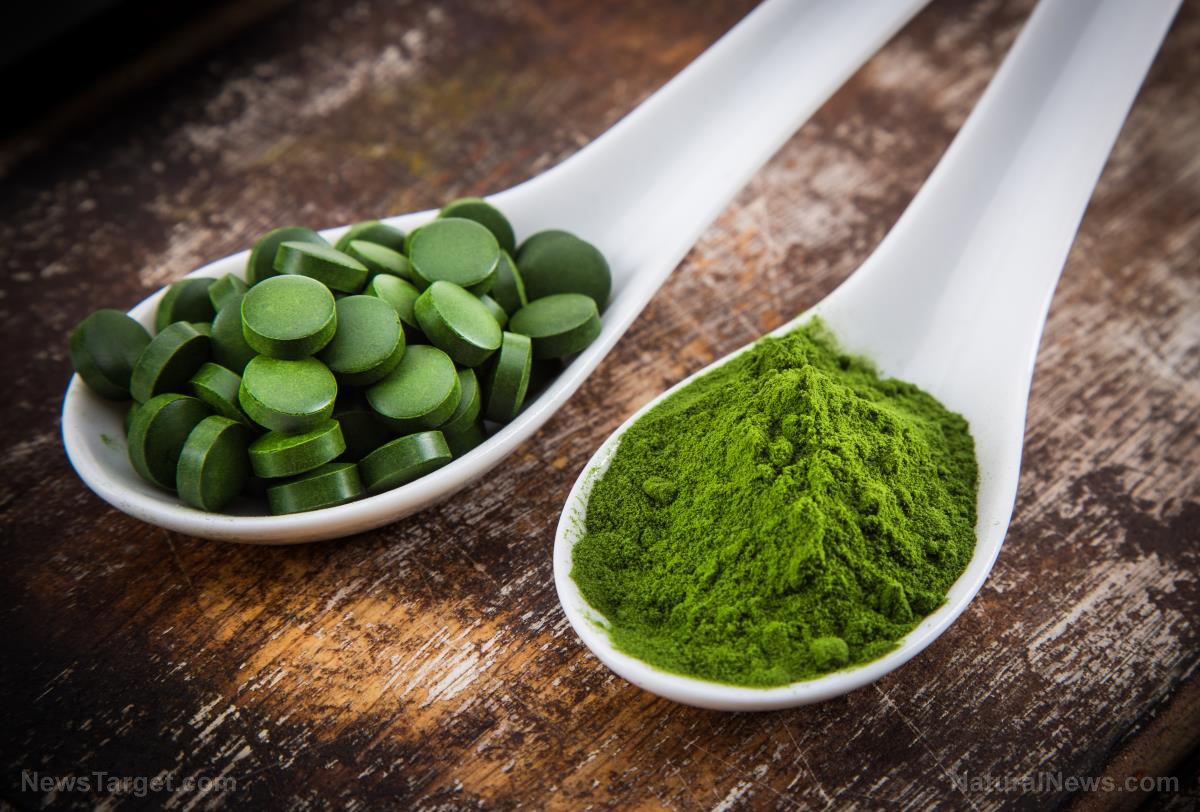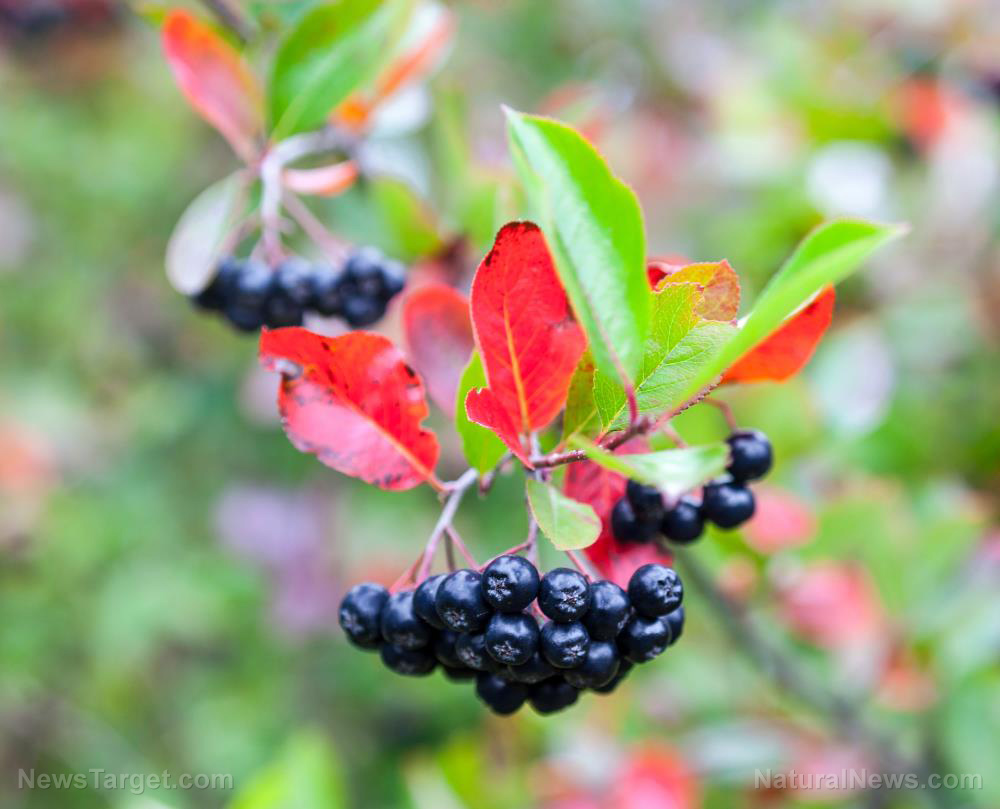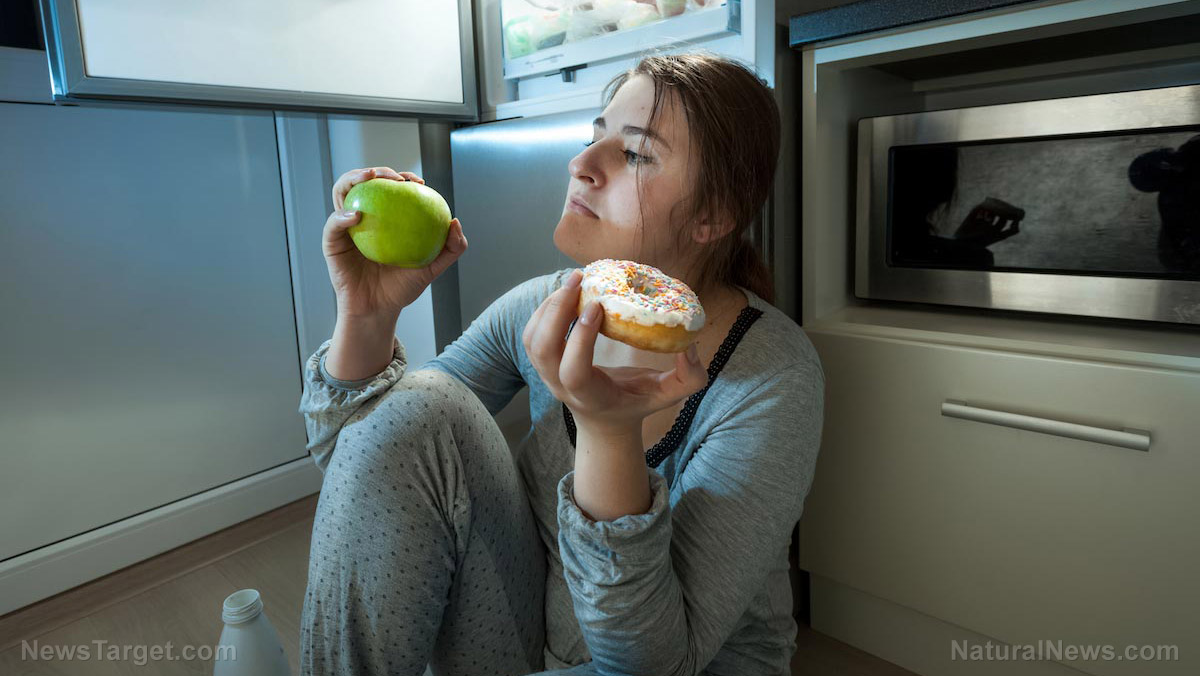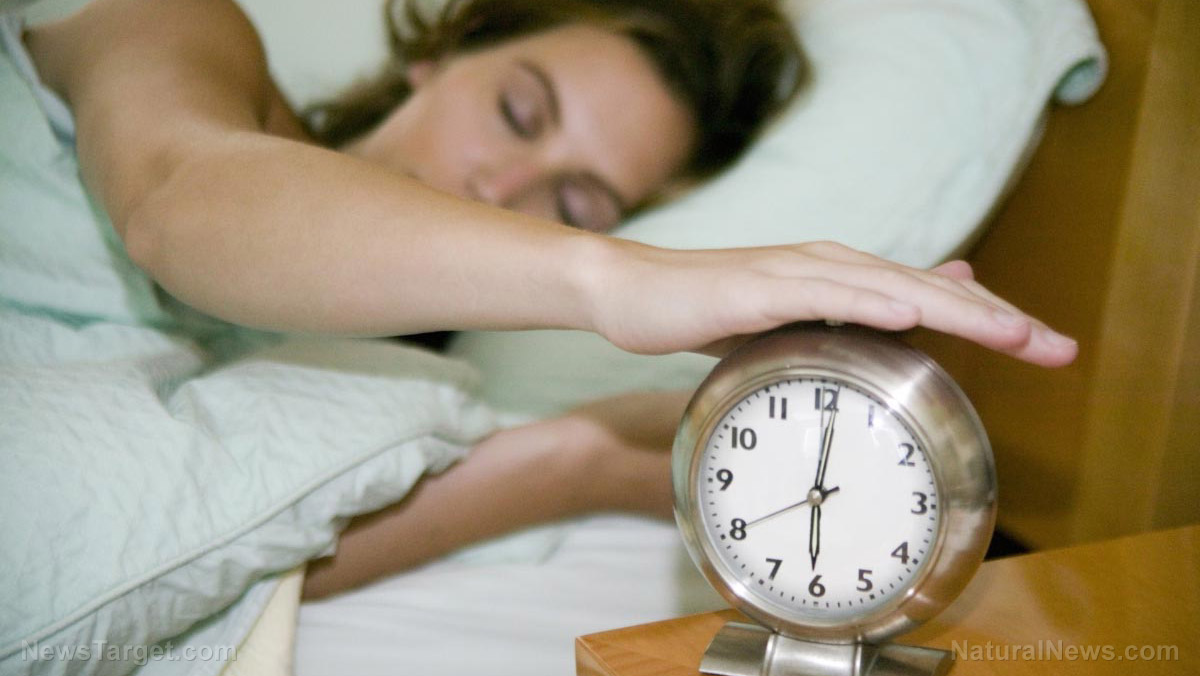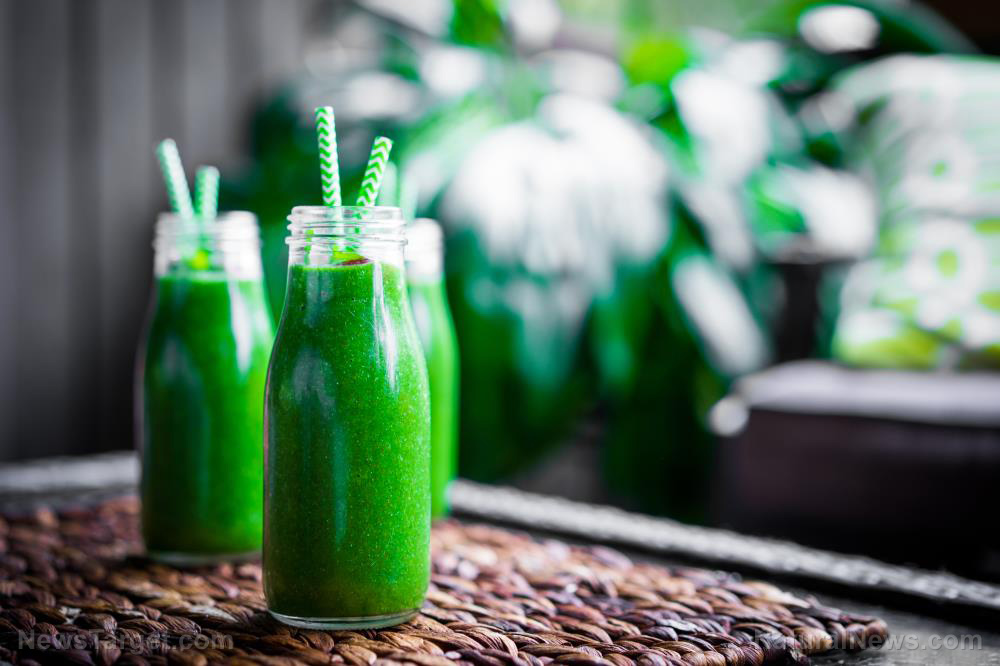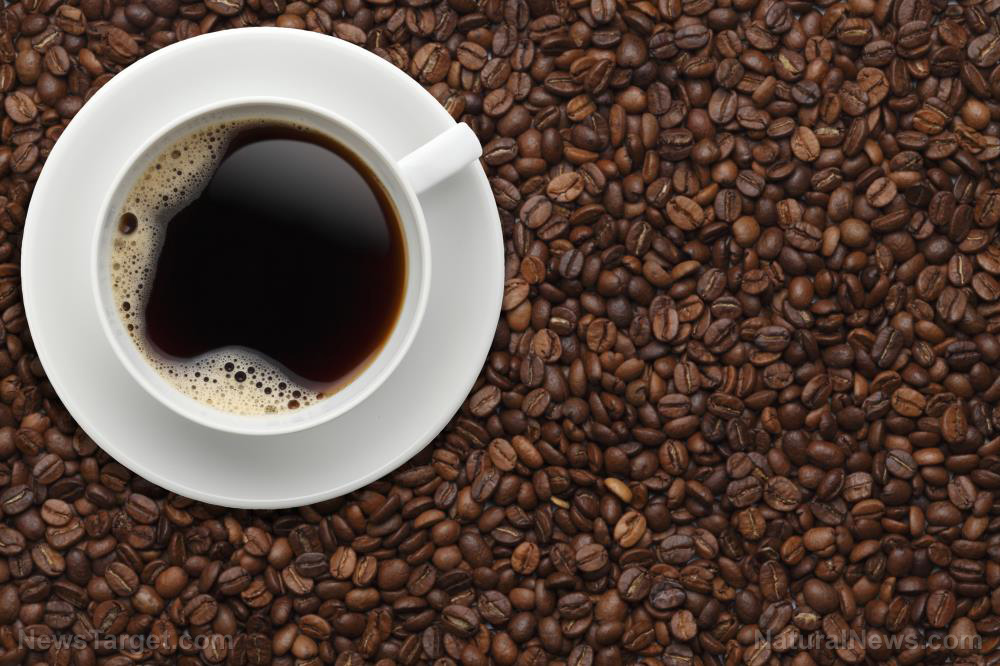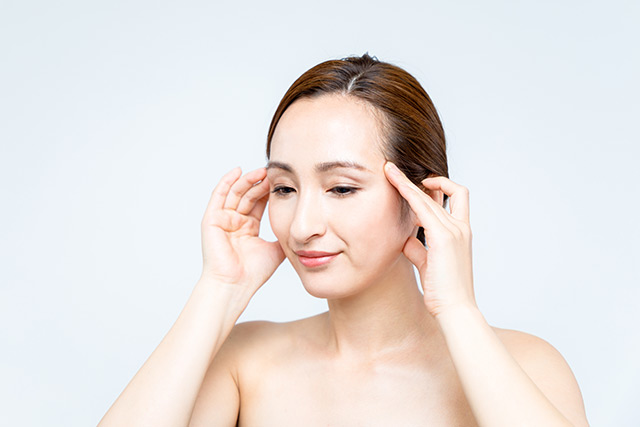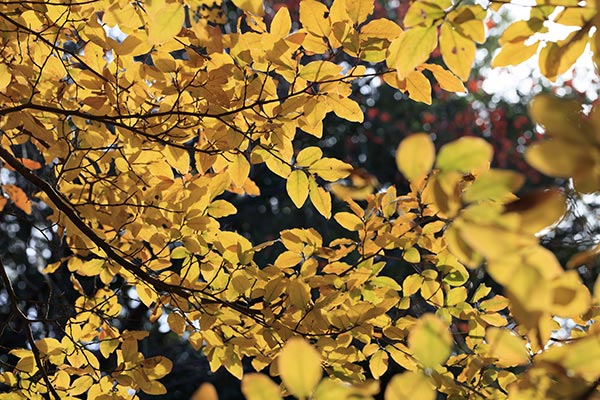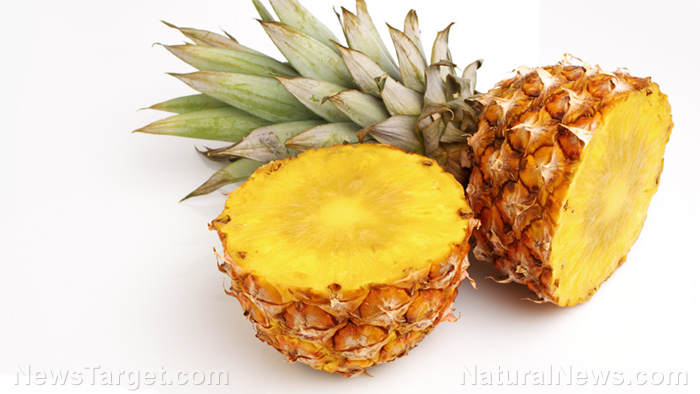Study finds tart cherry helps minimize joint pain and muscle soreness in women with breast cancer
03/06/2020 / By Franz Walker

Women suffering from the side effects of breast cancer therapy will soon have a new, tasty way to deal with their pains. Clinical trials conducted by researchers at the Marshall University Joan C. Edwards School of Medicine and Edwards Comprehensive Cancer Center have demonstrated that tart cherries can help alleviate the joint pain and muscle soreness these women often experience.
Breast cancer itself does not induce joint pain and muscle soreness. Rather, it’s a side effect of taking aromatase inhibitors, hormone therapy drugs often given to postmenopausal women with breast cancer. As the name implies, these work by preventing the enzyme aromatase from converting hormones produced by the adrenal glands into estrogen. This is important, as estrogen fuels the growth of cancer cells.
Aromatase inhibitors, however, also cause joint pains. These can be so debilitating that some women even opt to stop their treatments. Tart cherries, on the other hand, contain flavonoids and anthocyanins that have anti-inflammatory properties. The researchers theorize that these may be responsible for alleviating muscle and joint pains.
Studying the effects of tart cherries
To test whether or not tart cherries did help alleviate joint pains in breast cancer patients, the researchers conducted a series of double-blind trials from May 2016 to August 2018. Here, they had one group of volunteers take one ounce of tart cherry concentrate in eight ounces of water every day for six weeks, while another took a placebo.
As part of this experiment, the volunteers documented the intensity of the joint pain that they felt on a weekly basis. According to the study, those who took the tart cherry concentrate reported a 34.7 percent mean decrease in pain, compared to the placebo group’s 1.4 percent.
“There was a statistically significant difference in the pain levels experienced by patients in the group that received the tart cherry concentrate compared to the placebo group,” Maria Tria Tirona, professor of hematology-oncology at the Marshall University Joan C. Edwards School of Medicine and the study’s principal investigator, said.
While the tests show that the tart cherry concentrate helped reduce the joint pain of the volunteers that drank it, the researchers are still unsure of how exactly the flavonoids and anthocyanins in the concentrate work.
“The flavonoids and anthocyanins in tart cherry have anti-inflammatory properties and maybe playing a role in reducing the side effects of joint pain and muscle aches, although etiology of aromatase-induced arthralgias remain unclear at this time,” Tirona said.
Growing list of tart cherries’ anti-cancer benefits
The alleviation of joint pains in breast cancer patients taking aromatase inhibitors is just the latest in the list of benefits that tart cherries provide. Aside from helping reduce inflammation, the anthocyanins in the cherries also have antioxidant and chemopreventive properties. For example, the anthocyanin delphinidin has been shown to induce apoptosis or programmed cell death in breast cancer cells. Additionally, tart cherries are a good source of melatonin which helps protect against breast cancer — a feat stemming from its ability to reduce aromatase activity within the breast.
Another benefit of tart cherry is it can help people with insomnia get a good night’s sleep. During clinical trials, volunteers who drank tart cherry juice reported that they were able to sleep better for much longer at night.
Other studies also show that tart cherry can help lower the risk of heart disease and Type 2 diabetes. These two benefits stem from tart cherry juice’s ability to help lower one’s systolic blood pressure and insulin levels. According to the studies, this makes tart cherry good for those who are suffering from metabolic syndrome, as they are vulnerable to both heart disease and diabetes.
Sources include:
Tagged Under: anti-inflammatory, antioxidants, breast cancer, food cures, food is medicine, functional food, joint pains, natural cures, natural medicine, pain relief, phytonutrients, tart cherry, women's health
RECENT NEWS & ARTICLES
Antioxidants.News is a fact-based public education website published by Antioxidants News Features, LLC.
All content copyright © 2018 by Antioxidants News Features, LLC.
Contact Us with Tips or Corrections
All trademarks, registered trademarks and servicemarks mentioned on this site are the property of their respective owners.

